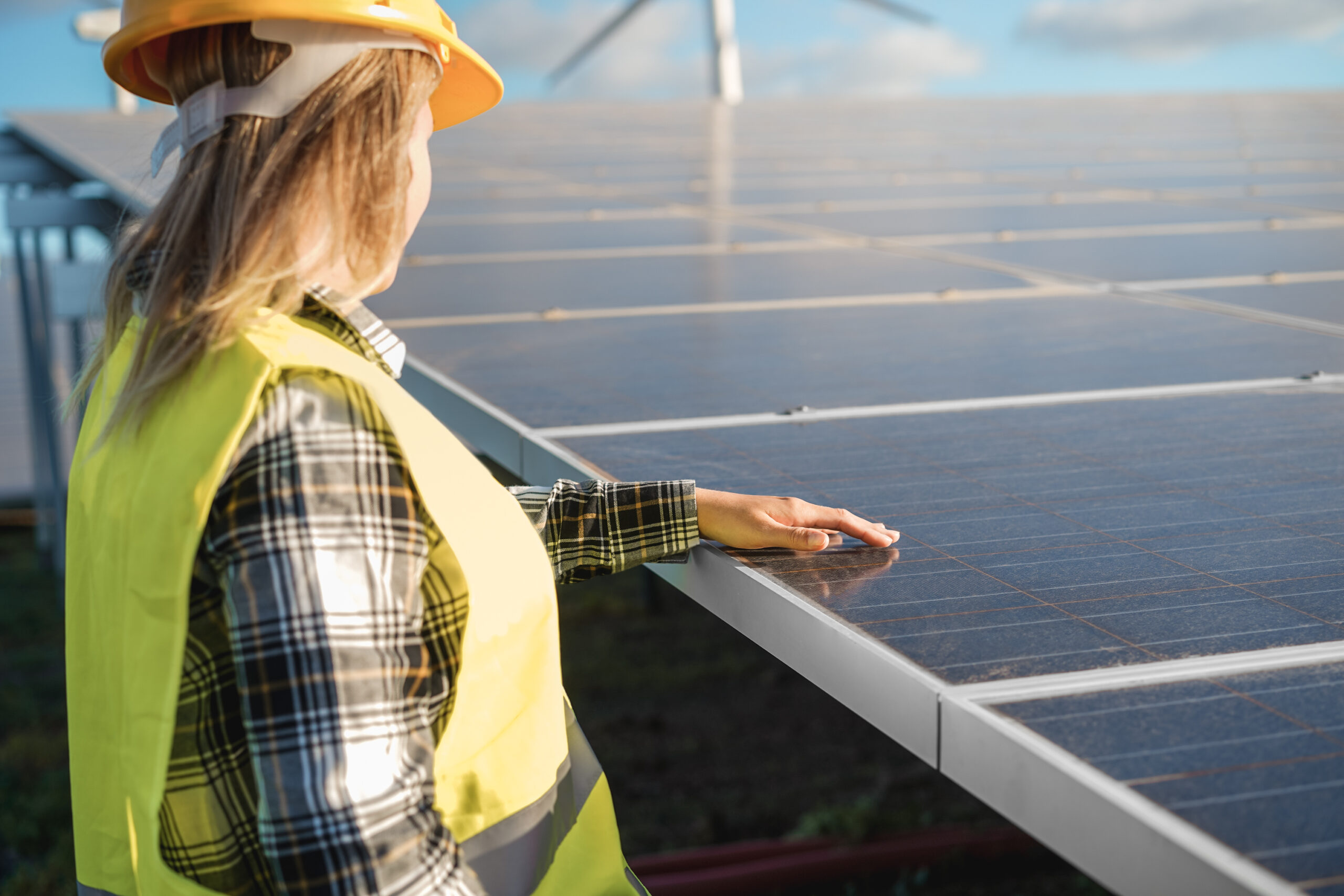Governments must act decisively at COP27 to build a safer world for all
María Mendiluce, CEO, We Mean Business Coalition & Dr Vibha Dhawan, Director General, TERI
This article originally appeared on BusinessGreen.
Women are less likely to survive when disasters strike. As women working in the effort to tackle the climate crisis, the way it intertwines with other crises – particularly inequality – is at the front of our minds at COP27. We can only imagine the stress faced by women in Kenya and Ethiopia dealing with the worst drought in 40 years attempting to care for their families amid food shortages, with no means to adapt to it.
This situation will become much more widespread without decisive action from all governments.
Our climate has remained stable since the dawn of civilization. But it’s changing faster than predicted resulting in more floods, hurricanes and droughts. If these changes pass a point of no return, it will be catastrophic. To keep people safe, protect ecosystems, businesses and economies, and enable all to thrive, every fraction of a degree of temperature rise matters.
Women at the frontlines are most at risk of climate-related disasters but increasingly they will impact everyone: from the factories and farmers that supply the world’s food and natural resources to all businesses and their customers who rely on those same resources. Global freight was disrupted when the port of Durban flooded last year and the Rhine river all but dried up this summer.
For the companies we work with, growing climate impacts will affect how they do business. How will they operate in unstable environments? How will they progress on targets to cut emissions as fast as possible to help to limit global temperature rise to 1.5°C?
COP27 discussions will focus on who pays for the impacts of climate change that it’s too late to prevent or adapt to. Most are happening in countries with the least means to pay. This is known as loss and damage. Governments will negotiate how to pay for this loss and damage. And business and wealthier governments will also discuss how to cut emissions faster – what’s known as mitigation.
Emissions are continuing to accumulate in the atmosphere, this is already driving up global temperatures. Governments and business will also be talking about how to prepare communities and economies to deal with the impacts of climate change. This is known as adaptation.
We must urgently deal with loss and damage while simultaneously scaling up investing in mitigation and adaptation. If we don’t, the loss and damage will grow exponentially as will the associated costs and suffering.
Responsible businesses recognize that, as part of the communities they operate in, stable conditions are essential. A dangerously changing climate will harm employees, customers and suppliers. It will impact supply chains, product availability, food production and economic growth. That’s why forward-looking companies are investing in their value chains and working with suppliers to build resilience and prepare for the worst. They also need to support the communities where they and their suppliers operate if they want to continue to sustain business after climate related disasters.
Companies should prepare their workforces for the impacts of climate change as part of business continuity planning. Actions like moving work to cooler hours of the day, deploying local power sources such as wind and solar and investing in battery storage to increase energy independence and help make the local power grid more resilient to climate change are key. Unilever is already working with suppliers to try and slow the decline of soil health and biodiversity and improve water quality and efficiency while Nestlé is working on regenerative farming to make crop yields more resilient.
Investing in high quality nature-based solutions like these both inside and beyond company value chains can both cut emissions and help communities adapt to the impacts of climate change. Planting native tree species can reduce flood risk and cool city streets. Restoring coastal wetlands helps protect against coastal erosion and flooding. And increasing investments in the high-integrity voluntary carbon market could raise billions of dollars a year in additional climate finance to remove carbon, cut emissions and benefit communities and ecosystems.
Since every ton of greenhouse gas emissions not emitted means less global heating that will cause loss and damage or need to be adapted to, all companies must set targets to cut their emissions through initiatives like the SME Climate Hub and the Science Based Targets initiative, and rapidly deliver on these commitments through concrete climate transition action plans.
The climate emergency is the biggest and most complex challenge humanity faces. It cannot be solved in isolation from other crises. It must be resolved collectively, across public and private sectors and alongside communities. At COP27, countries need to come up with workable and effective funding solutions for adaptation and loss and damage. This must focus on those vulnerable communities – and the women within them – that have polluted the least and now suffer the most.

